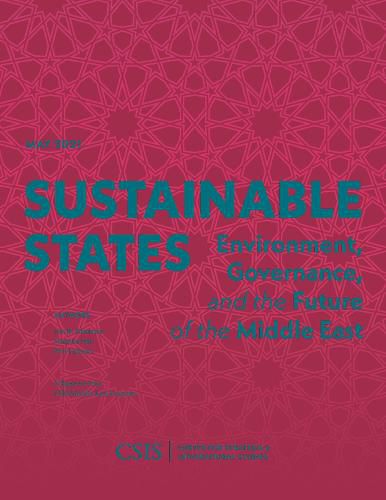Readings Newsletter
Become a Readings Member to make your shopping experience even easier.
Sign in or sign up for free!
You’re not far away from qualifying for FREE standard shipping within Australia
You’ve qualified for FREE standard shipping within Australia
The cart is loading…






The importance of environmentally sustainable public utilities in the Middle East is an improbable topic for a Washington think tank study. Yet, many countries in the Middle East face serious challenges providing utilities in any manner to their populations, and the failure to do so is an increasing flashpoint for public dissatisfaction. This study finds that providing more environmentally sustainable services in the Middle East would be an effective way to address many citizens’ grievances which go beyond the reliability of those services. It would also help ameliorate deep dissatisfaction with the quality of governance and help build trust between citizens and their governments.
This study examines three sectors-power, water and sanitation, and solid waste-in Jordan, Lebanon, and Tunisia. While the three countries are different in many ways, each faces increasing challenges providing services to their citizens. Providing these services in an environmentally sustainable way would also crucially increase each country’s resilience and diminish their vulnerability in a chronically unstable region.
$9.00 standard shipping within Australia
FREE standard shipping within Australia for orders over $100.00
Express & International shipping calculated at checkout
The importance of environmentally sustainable public utilities in the Middle East is an improbable topic for a Washington think tank study. Yet, many countries in the Middle East face serious challenges providing utilities in any manner to their populations, and the failure to do so is an increasing flashpoint for public dissatisfaction. This study finds that providing more environmentally sustainable services in the Middle East would be an effective way to address many citizens’ grievances which go beyond the reliability of those services. It would also help ameliorate deep dissatisfaction with the quality of governance and help build trust between citizens and their governments.
This study examines three sectors-power, water and sanitation, and solid waste-in Jordan, Lebanon, and Tunisia. While the three countries are different in many ways, each faces increasing challenges providing services to their citizens. Providing these services in an environmentally sustainable way would also crucially increase each country’s resilience and diminish their vulnerability in a chronically unstable region.